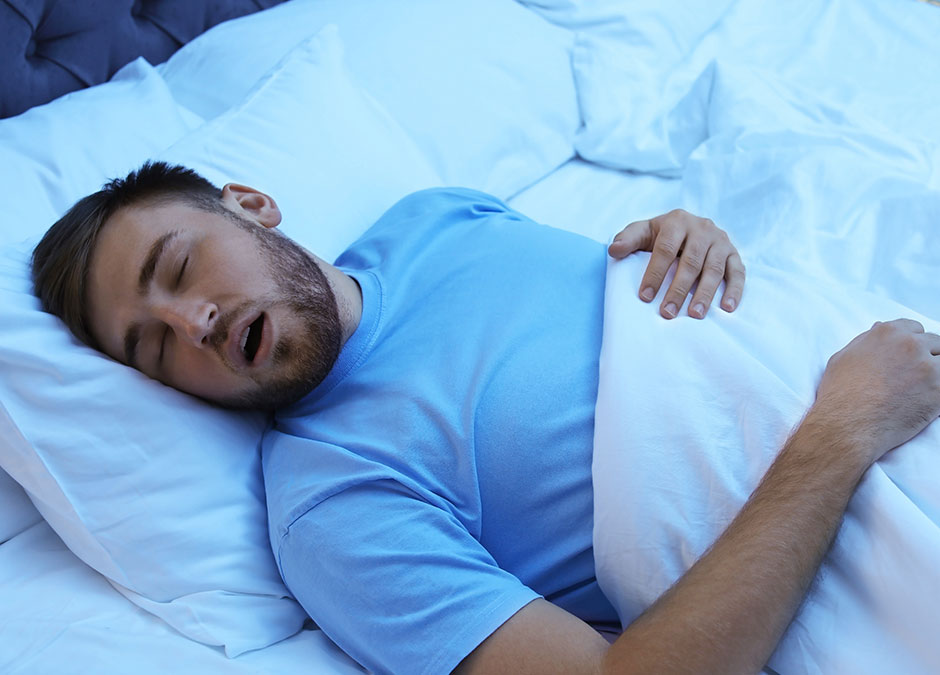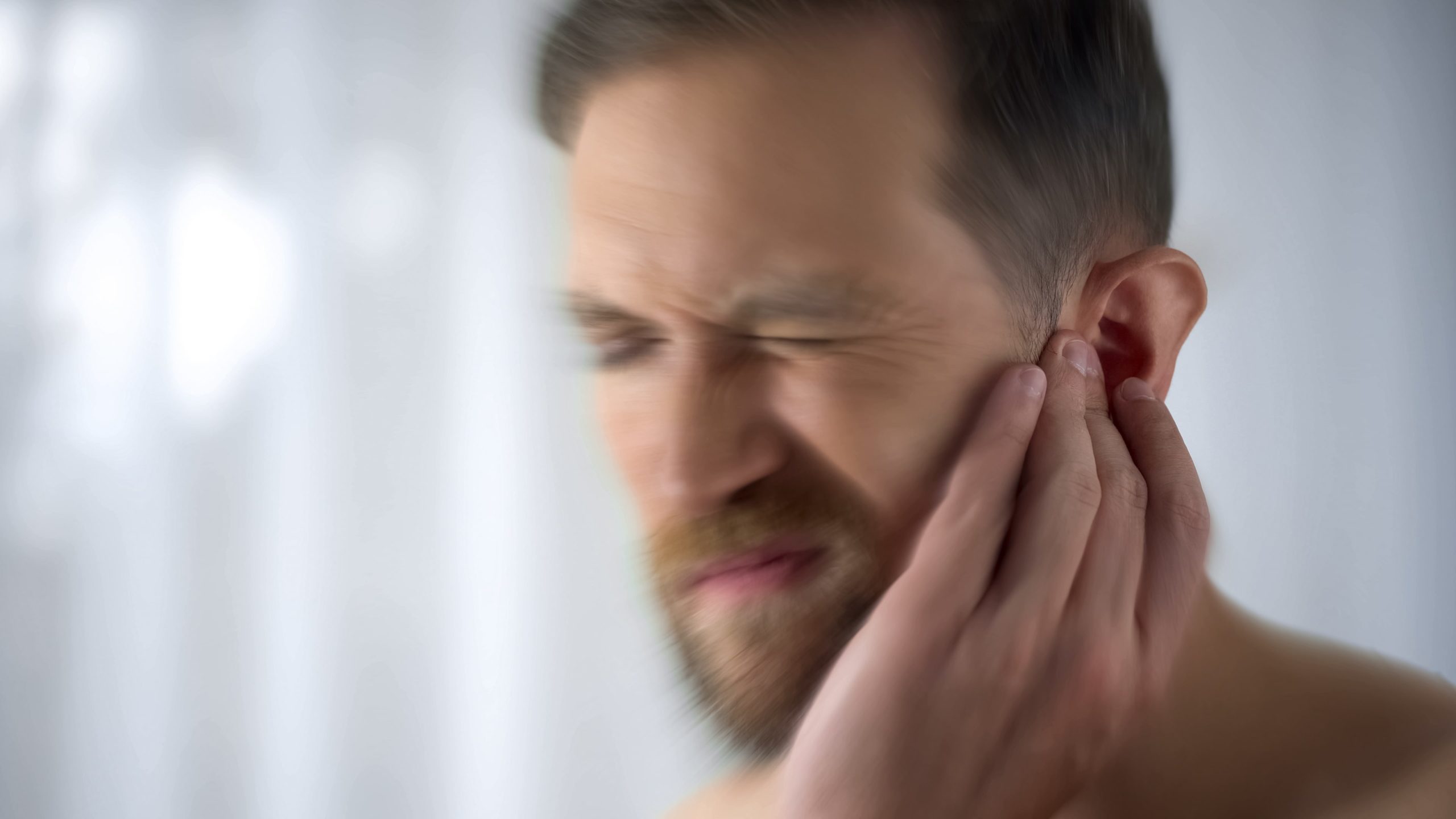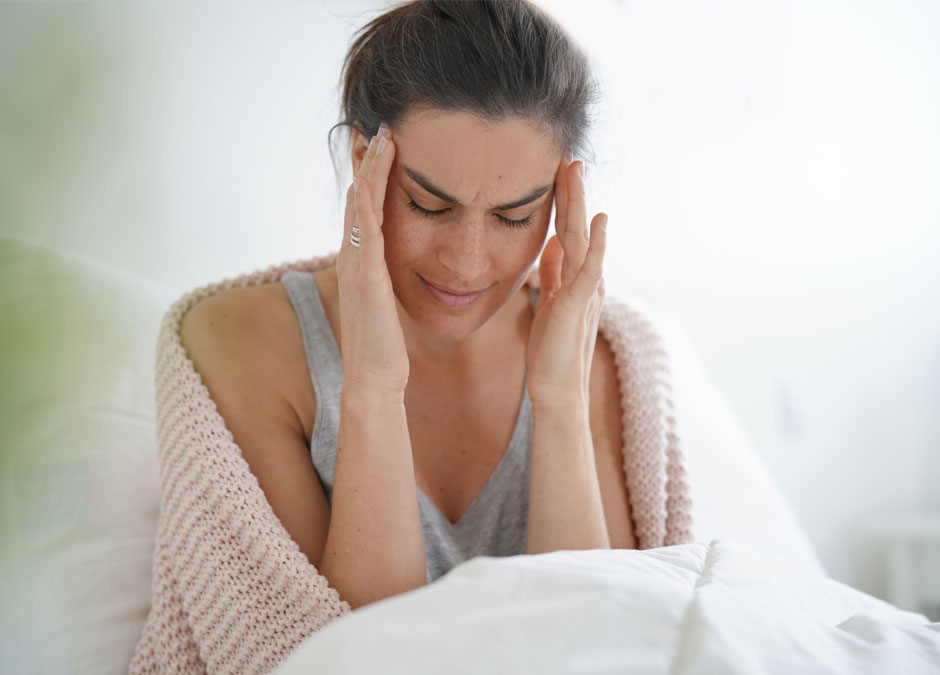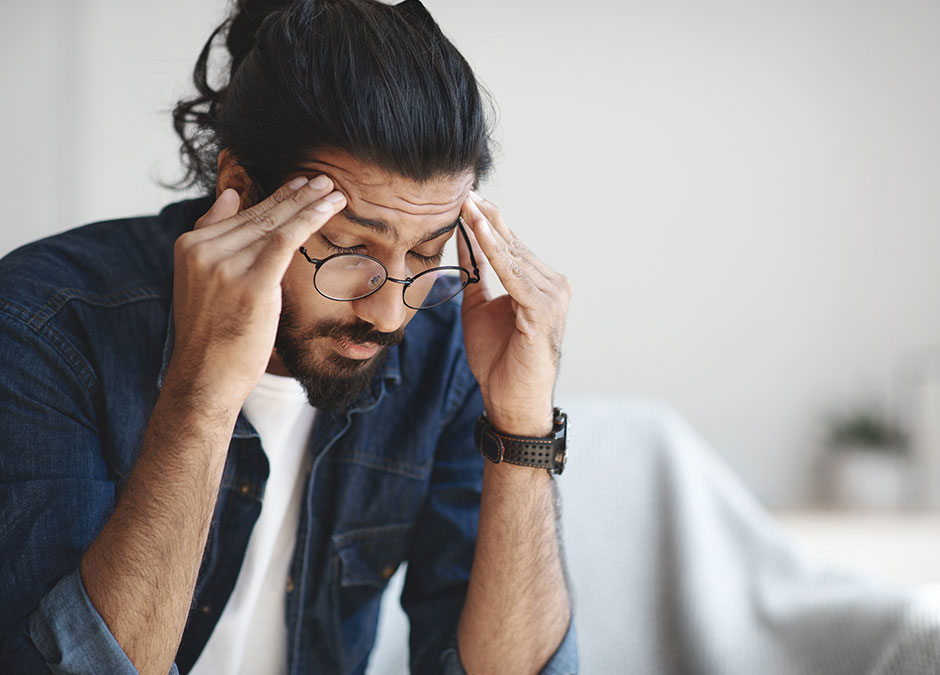When it comes to sleep apnea, most people often don’t know that they have a problem. This is because the episodes of waking up in the middle of the night are so fleeting that many people are not aware of them. They may experience other symptoms such as fatigue, falling asleep during the day, and an inability to concentrate on their work or studies. So how serious is untreated sleep apnea? In this article, we explore what exactly is sleep apnea and the consequences of not treating the disorder.
What is Sleep Apnea?
Sleep apnea is a potentially serious condition where the victim is unable to sleep properly due to blockage of the air pathways. This blockage happens when the muscles in the throat relax during sleep and extend into the air passage. When the brain senses that breathing is impaired, it sends a signal to the body which then wakes the victim. Sometimes the patient is aware of this process but for most people, the wakeful period is only a fraction of a second. Given that this cycle can happen several times in one night, the patient often wakes up feeling fatigued.
Symptoms of Sleep Apnea
As stated earlier, most people only become aware of the problem through indirect symptoms or when they are diagnosed by a sleep apnea specialist. For example, the lack of sleep causes the victim to be perpetually fatigued. Lack of sleep also lowers one’s immunity levels making the victim prone to ailments. However, there are serious consequences if this condition is not treated in time. For example, sleep apnea has been linked to cardiovascular disorders, stroke, and much more. All these are potentially fatal conditions. Sleep apnea has also been known to contribute to weight gain, diabetes, high blood pressure, and many other serious medical conditions. For these reasons, it is important that one seeks intervention as soon as possible.
Treatment
There are many approaches when it comes to treating sleep apnea. A machine is used to deliver a continuous flow of air into the air passages. By doing this, the collapse of the muscles in the throat is averted and blood oxygen levels stay at normal levels. In some cases, sleep apnea can be reduced by making changes to one’s lifestyle. For example, losing weight has been associated with better outcomes when it comes to sleep apnea. Another effective treatment method is oral appliance therapy. Here, a custom-made device positions the lower jaw forward ensuring the airway to remains open.
Newer treatment approaches include implants that stimulate the muscles on the throat thus preventing them from collapsing and causing blockage of the air passage. As a last resort, specialists may also perform surgery in order to remove excess tissue from the back of the throat. This has been known to reduce the occurrence of sleep apnea.




